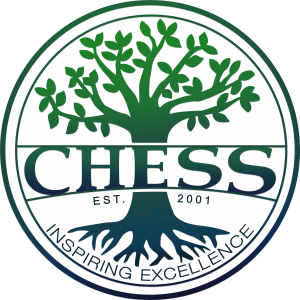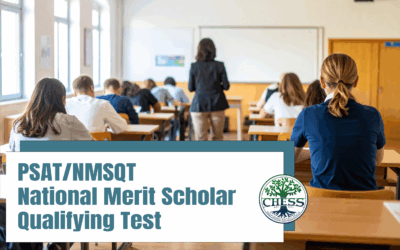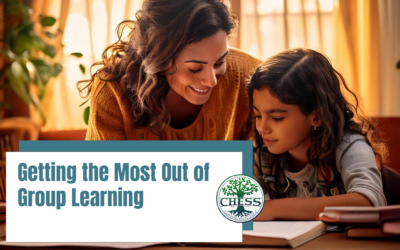The Three-Legged Stool: Keys to Successful High School and College Writing
John Jenkins
Success in writing does not require rocket science brains. Nor does it require creative or organizational genius. Success in writing, specifically in high school and college, is all about understanding what your primary audience, your teacher or professor, wants to see. Generally, what a teacher or professor wants to see is governed by time-honored expectations and requirements—specifically three distinct sets of expectations and requirements.
Thus, the three-legged stool analogy. Your student needs to develop three distinct skillsets that will enable them to keep their balance on the uneven ground of daily academic writing assignments.
Skillset #1, the Successful Effective Essay. More than anything else, effective essay writing is all about the organization and presentation of information. And, in today’s so-easy-to-copy-and-paste digital world, the documentation of sources and avoiding plagiarism is critical. While basic grammar, et al., is essential to successful writing, it does not guarantee that the essay will fulfill the assignment correctly. Some 15 years ago, a study came out showing that 70% of students entering college did not know how to write an effective essay. With the ever-softening academics of public education, your student can be prepared to genuinely excel through gaining the skillset of effective essay writing.
Skillset #2, the Successful Literature Short and Long Answer. Fundamentally, writing for literature is all about answering questions based on analyzing reading assignments, thus the term literary analysis.
Effective short and long answers are a different beast from the traditional “book report” students are often asked to write. And while a cousin to the essay, S/L answers require a different mindset and focus. Mark-up and in-margin notation skills, understanding and using literary devices and figurative language, learning how to find patterns and connections within and without the reading selection—all contribute to the skillset required by any substantive literature course: developing critical reading and notation skills for successfully answering questions.
Skillset #3, the Successful Story. Everyone loves a good story, fiction or non-fiction. And central to great storytelling is natural voice. Both journalism classes and fiction writing classes provide excellent opportunities for students to find their natural voice. Unlike essays, which few students and parents genuinely want to read, good stories are the daily staple of real world reading and enjoyment. Where essays tend to distance a reader from the personality of the writer, e.g., avoid using personal pronouns, stories are crafted out of and by the writer’s personality. Of the three skillsets, fiction and non-fiction storytelling keep on giving throughout high school and college and beyond, into the real world of life and work after academics.
CHESS offers opportunities for students to learn and excel in all three of these critical skillsets for success. While writing, like public speaking, is not by nature a student favorite, effective communication skills are the genuine keys to both academic success and life in the adult world toward which our students are striving. And remember: rocket science brains or creative genius, not required. Just a solid, three-legged stool.
John is a publisher, author, and conference speaker who has been teaching homeschoolers for 22 years and at CHESS since its inception. Find John’s books at his website: Inspire the Hero!




0 Comments